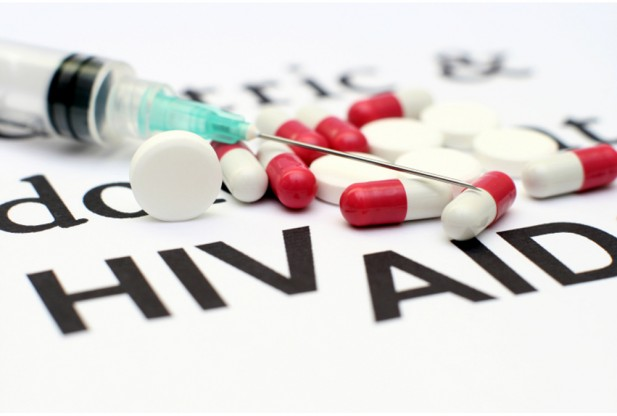MANILA — A total of 844 new cases of the human immunodeficiency virus (HIV), including nine pregnant women, were reported in January this year, the highest number since 1984, the Department of Health said.
“This was 5 percent higher compared to the same period last year, which had 804 cases,” the DOH said.
The latest figure topped the 841 cases recorded in June 2016.
This also meant that an average of 27 cases were being reported every day in January, the DOH added.
HIV could lead to the fatal Acquired Immune Deficiency Syndrome (AIDS).
Based on the latest HIV/AIDS Registry of the Philippines, of the 844 cases, 90 developed into full-blown AIDS.
Thirty-three died from HIV/AIDS during the month.
Most of the cases (96 percent) were males. More than half belonged to the 25-34-year-age group while 31 percent were youth aged 15-24 years.
The report indicated that 38 women were diagnosed with HIV in January, including nine pregnant women, seven of whom came from the National Capital Region, one from Region 1 and one from Region 7.
The regions with the most number of reported cases were the NCR with 307 cases; Calabarzon with 151 cases; Central Luzon with 91 cases; Central Visayas with 62 cases; and Davao Region with 50 cases.
Majority of the new cases were transmitted sexually (826), including the 85 percent coming from the male-having-sex-with-male (MSM) sector.
Homosexual contact accounted for 469 cases; followed by bisexual contact with 245; and heterosexual contact with 112.
Sixteen cases transmitted through injectible drugs or the sharing of infected needles. The last two cases were found to be mother-to-child transmissions of HIV.
A total of 65 overseas Filipino workers (OFWs) were also found to have acquired HIV, and all of these cases came from sexual contact.
Since 1984, 40,466 HIV cases have been recorded in the Philippines, including 3,755 full-blown AIDS cases, and 2,002 deaths. SFM


